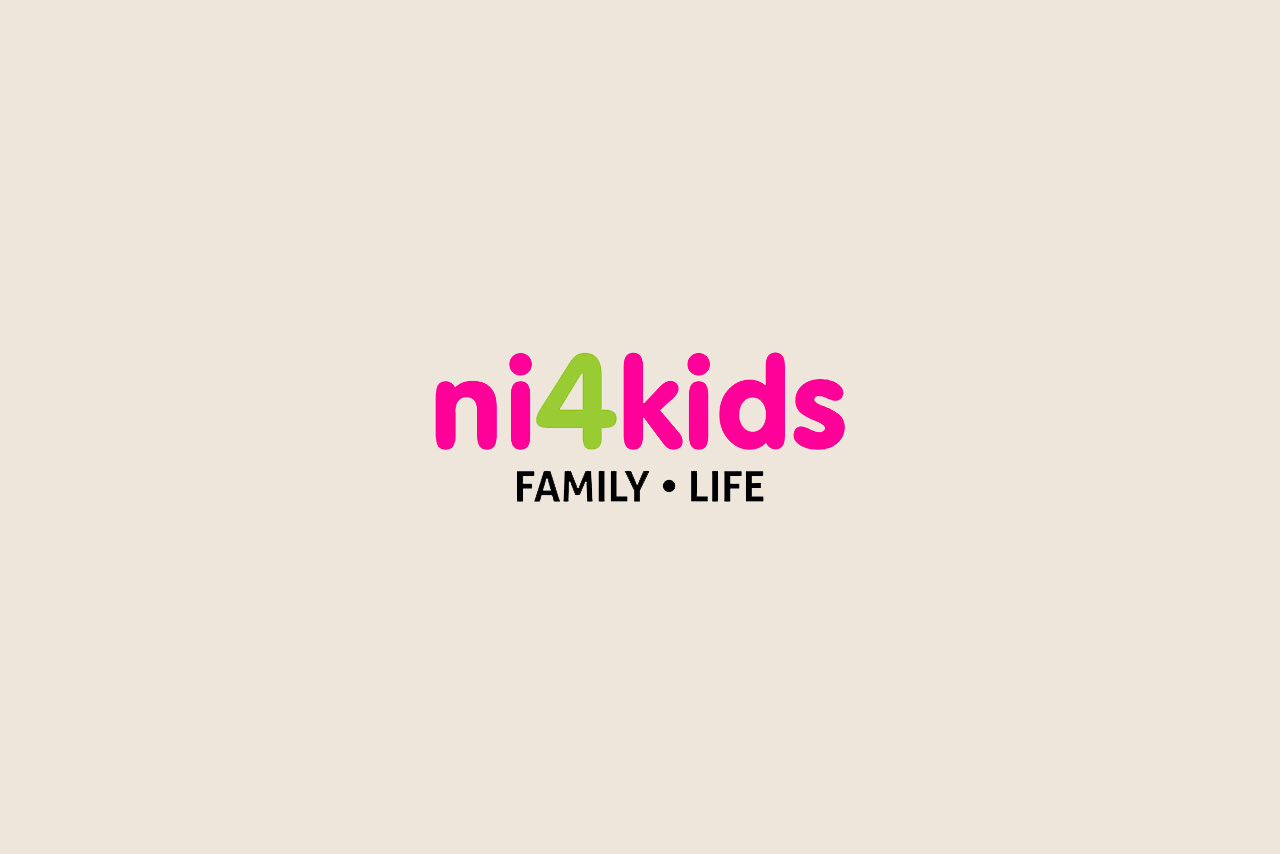
Comparisonitus is the all-too-common addiction that so many of us have when we can’t stop comparing ourselves with other people – and like most addictions it is not healthy.
When we compare ourselves with others we fall into a binary, competitive pattern of thinking – me vs you – us vs them – in which there is never a winner because it’s not a real game. What happens is that we move into what I call a state of scarcity, where we perceive ourselves to lack something that others have, which in turn convinces us that we are not enough. So here are 5 things to remember that can help to bring you out of the habit of comparisonitus and back into a healthy state of believing that who you are and what you do really is already enough.
Establish an “enough mindset”
Your mindset is the framework of your thinking – the basis of what you believe about the world and your place in it. Your underlying inner beliefs shape who you are, what you do and what you allow ourselves to be capable of. Which is why it’s so important. Comparing ourselves with others is likely to trip us into what’s known as a ‘scarcity mindset’ where we are convinced that we lack what we require – that we just aren’t good enough. It’s fear based and triggers fear responses, which is what can lead us to such anxiety.
Try replacing this with an ‘enough mindset’. Practice accepting yourself exactly as you are without trying to change anything. What is it like to imagine that you really are enough – with all your flaws and talents? When we manage this, even for a moment, it is such a gift. Sure you can learn and grow, but as a starting point you ARE enough. You are much more likely to do well if you are coming from a place of believing that you are enough. It relaxes you and stops you from reacting as if you are being attacked, and puts you into a state of ease and flow. Practice simply saying to yourself, “I am enough” and noticing how it changes the way you feel.
Focus on what you have, not what you lack
It’s easy to fall into the trap of dwelling on what we don’t have enough of, or what we do wrong or lack somehow – and when we’re down, sometimes that’s the only voice we hear. Try to get yourself into the daily habit of thinking of one thing every morning that you DO HAVE, that you appreciate, that you’re grateful for. Don’t look for big things – seek out the small moments. Notice what you have that you are glad about. Think of something about yourself that you appreciate. This change in focus each day can slowly remind us that we are not lacking, we are enough.
Develop a Gratitude practice
Gratitude is the antidote to anxiety. When we are able to focus on what we are grateful for in the present moment, it gets us out of worrying about the past or being anxious about the future and forces our attention to the here and now which is always a good thing. Practicing gratitude can also be a great leveller and helps to overcome the critical voices in your head.
Choosing three things that you are grateful for right now can be the trigger to get you into an enough mindset – or just give you a different perspective on things. Another approach is to spend a few minutes every evening writing down three things that happened in the day that you are grateful for, and sometimes even, three things that you are grateful to yourself for having done. This is brilliant for building confidence, and your own inner sense of being enough.
Curate your own social media input
Whilst social media can be a wonderful way of people finding connection and networks, it can also be a cruel place, full of comparison, judgement and even in some cases, anonymised hate. This is so psychologically unsafe for us, it is no wonder we are triggered into a state of scarcity. The only logical response is to protect ourselves by only sharing with others what it is safe to. When this happens, it’s the opposite of connection. We can’t risk being our authentic selves, so we offer an idealised version – all jazz hands and smiles – where we have to be ‘amazing’, ‘incredible’, ‘best ever’, ‘awesome!’. In presenting only this side of ourselves to the world, we risk becoming disconnected from our inner voice, our inner guidance and our inner lives. It can feel to some that who we really are and what we really feel are too shameful or unshareable for the outside world, unless they serve a story about recovery when we can triumphantly declare ourselves to be cured. This has a high cost for us, because it can tip us into shame. So start curating your social media use. The key to changing unhealthy habits is a four stage process – notice, pause to reflect, choose, re-set. So when you notice that using social media is tipping you into comparisonitus, take a moment to think, ‘how is this serving me?’ if it isn’t, simply make a different choice of what to do with you time, or connect with your friends in other ways.
Remember that perfectionism is a fantasy
Ever heard anyone referring to themselves as a ‘recovering perfectionist’? It’s good isn’t it? It reminds us, that like comparisonitus, perfectionism lives in the world of fantasy. Perfection doesn’t exist – all it does is trip us into feeling that we are failing somehow or not good enough. Parking perfectionism and focusing on what is good enough for you, in this moment, with the resources available to you is the gift that keeps on giving. Because it reminds you of the truth, which is you ARE enough.
First published in NI for Kids.


